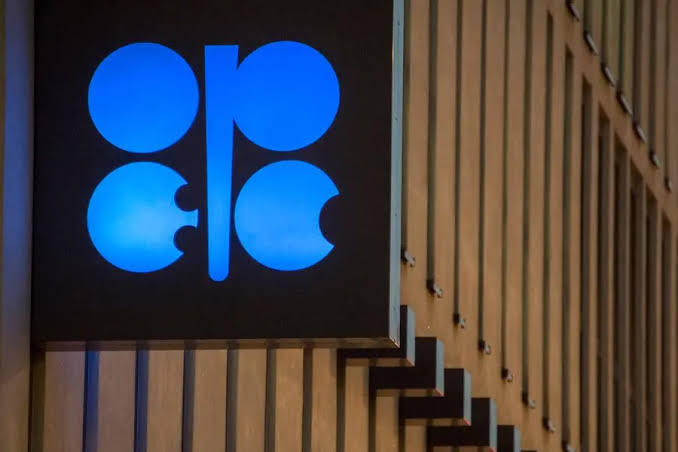OPEC+ ministers have decided to maintain their current oil output policy, including plans to gradually phase out some production cuts starting in October. However, the group has also signaled that this increase could be paused or reversed if market conditions require it.
Stability and Future Adjustments
During an online Joint Ministerial Monitoring Committee (JMMC) meeting, OPEC+ reaffirmed its commitment to unwinding the 2.2 million barrels per day (bpd) voluntary cut, which will continue until September. Currently, OPEC+ is reducing output by a total of 5.86 million bpd, approximately 5.7% of global demand. This series of steps, initiated in 2022, aims to bolster the market amidst uncertainties over global demand and rising supply from outside the group.
In the statement following Thursday’s meeting, OPEC+ highlighted that the phased reduction could be paused or reversed, depending on market conditions. Russian Deputy Prime Minister Alexander Novak mentioned that the current oil price levels are comfortable for Russia and other market participants, maintaining that supply and demand are balanced. “Starting from the fourth quarter, if the balance of supply and demand is positive, a partial increase in production is possible,” Novak said.
Market Dynamics and Future Projections
Algeria’s Energy Minister, Mohamed Arkab, expressed optimism, predicting that current market uncertainties would not last long and expecting oil demand to follow an upward trend in the coming weeks. OPEC+ agreed in June to phase out the 2.2 million bpd cut over a year, from October 2024 to September 2025, while extending earlier cuts of 3.66 million bpd until the end of 2025.
Saudi Arabian Energy Minister Prince Abdulaziz bin Salman had previously indicated that OPEC+ might pause or reverse production hikes if the market is not strong enough. The recent meeting noted assurances from Iraq, Kazakhstan, and Russia about their commitment to achieving full conformity with the pledged output cuts. These countries have also provided plans to compensate for past overproduction.
Despite the fluctuations in oil prices, which have dropped from a 2024 high of over $92 per barrel in April to below $81, the group remains focused on maintaining market stability. Concerns about demand strength and increasing tensions in the Middle East have influenced these price movements.
Monitoring and Compliance
The JMMC, which includes oil ministers from Saudi Arabia, Russia, and other leading producers, meets every two months and can make recommendations to the wider OPEC+ group. The chair of the meeting emphasized the importance of members adhering to the compensation plan. The next JMMC meeting is scheduled for October 2.
OPEC+ continues to monitor global oil prices and market conditions closely. The group’s approach is to be flexible and responsive to changes, ensuring that their policies support market stability. The balance of supply and demand remains a critical factor in their decision-making process.
Russian Deputy Prime Minister Alexander Novak stated that the current level of oil prices is satisfactory for Russia and aligns with the budgetary and economic needs of other market participants. He emphasized that the supply and demand balance is crucial for maintaining these levels.
Algeria’s Energy Minister Mohamed Arkab also pointed out that oil demand is expected to rise in the coming weeks. He believes that the uncertainties affecting the oil markets will not continue for much longer as long as the market remains adequately supplied. This optimistic outlook supports OPEC+’s decision to stay on course with their planned adjustments, while remaining open to making changes if necessary.
In conclusion, OPEC+ has chosen to maintain its current oil output policy while signaling the possibility of pausing or reversing planned production increases if market conditions require it. The group’s focus on flexibility and responsiveness aims to ensure market stability amidst global demand uncertainties and rising supply. The next JMMC meeting on October 2 will provide further insights into the group’s future decisions and strategies.
Source: Reuters



